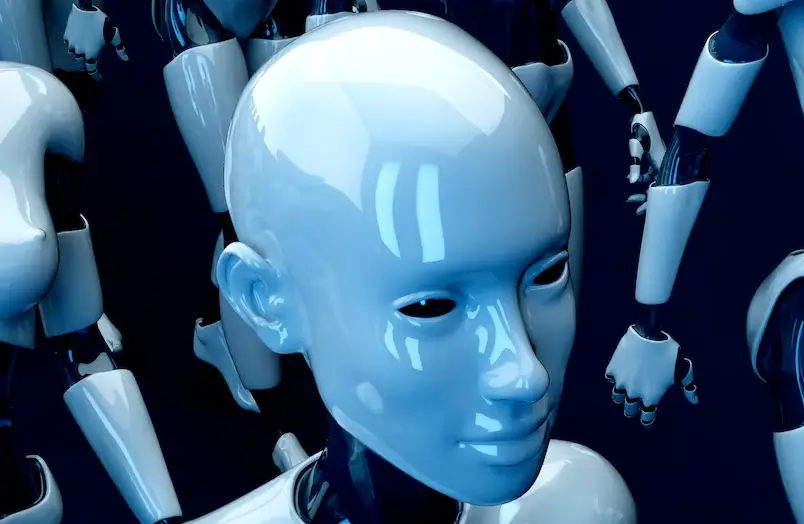As it erects an artificial intelligence “fortress” which will help it to dominate the AI race in the upcoming decade, Palantir stock is now set to surge over the next year according to a new report by analysts for Wedbush Securities, released Friday.
Dan Ives, an analyst for Wedbush, noted that Palantir will likely head to $25 per share over the next 12 months. That would mark an increase of 54% above the closing price of $16.15 on Thursday. Early Friday shares had increased 5.7% to $17.07.
Funded in part by the CIA’s In-Q-Tel venture capital arm, the data software company is the “Messi” of AI, according to Ives, in a reference to Lionel Messi, the Argentinian soccer superstar.
Wedbush analysts wrote, “As we begin the 4th Industrial Revolution, Palantir is engaging in the widespread trend of various industries leveraging recent generative AI innovations to streamline operations and improve expense profiles.”
Wedbush predicts that in the next six to 12 months the company will see a period of significant expansion as it begins to supply a growing demand for language AI models delivered at enterprise scale, due to its wide roster of partners in both the public and private sectors.
The report predicted, “This is early innings on a sum-of-the-parts AI story just on the cusp on monetizing this massive green field AI opportunity.”
As AI sees many of the leaders in the technology fields calling for strict regulation and controls over the development of the technology, Palantir CEO Alex Karp has been an ardent proponent of pursuing the rapid development of the technology as quickly as possible despite the risks.
He wrote an op-ed for the New York Times this week noting that AI will be as powerful a force shaping political developments in this century as nuclear weapons were in the last century. Although he acknowledged the risks, he said they should not deter the advancement of the technology.
He wrote, “If these technologies are to exist alongside us over the long term, it will also be essential to rapidly construct systems that allow more seamless collaboration between human operators and their algorithmic counterparts, to ensure that the machine remains subordinate to its creator. We must not, however, shy away from building sharp tools for fear they may be turned against us.”


